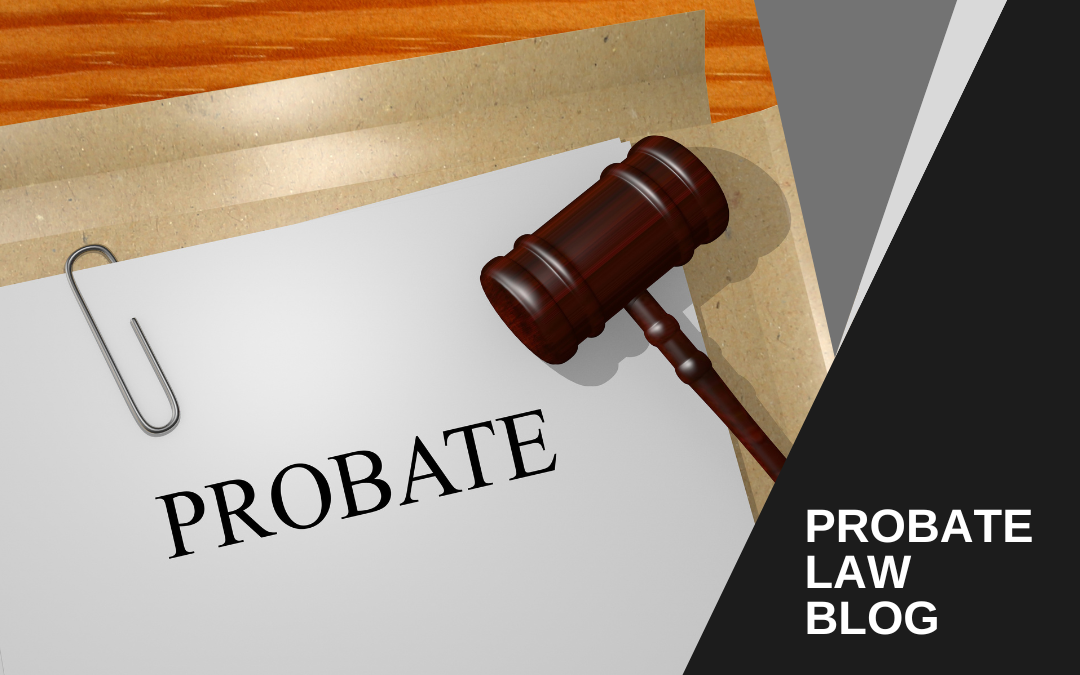What is Probate in Canada?
Probate is the legal process where a will is validated and the deceased’s estate is administered. It involves appointing an executor, paying debts, and distributing assets. Probate ensures the estate follows the will or, if there’s no will, provincial laws. It can take several months or even years, depending on the estate’s complexity.
Do I Need to Go Through Probate if There is a Will?
Yes, if there is a will, probate is usually required. The court must validate the will and appoint an executor to manage the estate. However, in cases of small estates or certain assets (like joint accounts or designated beneficiaries), probate may not be necessary.
What Happens If There is No Will (Intestacy)?
If there’s no will, the estate is distributed according to provincial laws. The court appoints an administrator to manage the estate and distribute assets, usually to the spouse and children. If there are no relatives, the estate may go to the province.
How Long Does Probate Take in Canada?
Probate typically takes 6 months to 2 years, depending on the estate’s complexity. Simple estates may take less time, while complicated ones or disputes can cause delays.
How Much Does Probate Cost in Canada?
Probate costs vary by province and estate size. Fees may include court filing charges and legal costs. Some provinces charge a percentage of the estate’s value, while others have fixed rates. Legal fees can also add to the cost.
Can Probate Be Avoided in Canada?
Yes, probate can be avoided in some cases, such as through joint ownership, beneficiary designations (e.g., life insurance), or setting up a trust. Small estates may also bypass probate if they meet certain criteria.
Who Can Be Appointed as an Executor of a Will?
An executor must be at least 18 years old and mentally capable. They should be trustworthy and able to manage the estate’s responsibilities. If no executor is named, the court appoints one.
What Are the Responsibilities of an Executor in Canada?
An executor must manage the estate, pay debts, file taxes, and distribute assets to beneficiaries. They must ensure the will’s instructions are followed and act in the best interests of all parties involved.
What Happens If Someone Challenges a Will in Canada?
If a will is contested, the court will review the case. Common reasons for challenges include claims of undue influence, lack of capacity, or improper execution. Disputes can delay probate and may require legal intervention to resolve.
Can I Contest a Will in Canada?
Yes, you can contest a will in Canada. To do so, you must prove valid grounds, such as proving the deceased lacked mental capacity or was under undue influence. Challenges can lead to delays and legal costs, so it’s best to consult with a lawyer.
This article is for general informational purposes only and is not legal advice. Contact Us today to discuss your specific situation.


